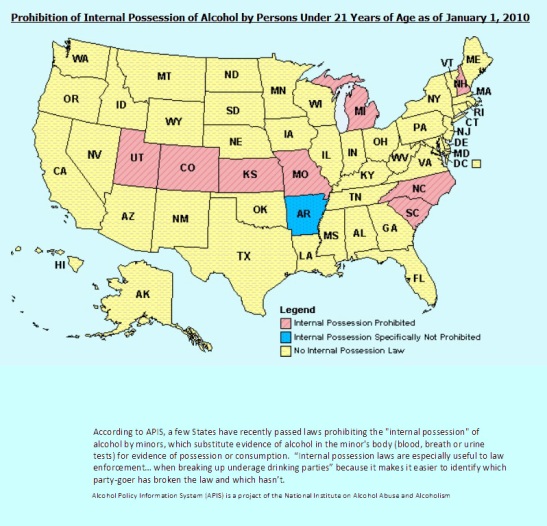rsqsquad91
Forum Ride Along
- 4
- 0
- 1
Let me first start this post by saying, when someone is intoxicated how do we know if they are mentally capable of understanding a situation when alcohol consumption is different for every human being?
We have a college campus in town (catholic private school) who has a policy on campus that states, Any student that is caught intoxicated must not stay on campus. They also have an additional policy that states that sober friends and roommates are not allowed to watch the student on campus.
The real life scenario: We respond to a 18 year old male patient found by an RA laying down in bed sleeping who admitted to alcohol consumption. Upon arrival, we are met by the College's EMT squad, the RA and their supervisors and college security. The patient is conscious, alert and oriented to person, place, time and event. Patient has a patent airway, good breathing and excellent circulation with pink, warm and dry skin. Hes able to answer all questions appropriately with no slurred speech and denied any injury. The patient was evaluated in a sitting position on his bed side. Patient stated, "I had a few shots tonight and then my friends brought me back to go to bed. The next thing I knew security is in my room with the RA calling 911 for me." The patient was adamant about not going to the hospital. This is when everything went downhill. The college drilled into their RA's that the patient has two options, Jail or Hospital. So we have an RA telling this student that if he doesn't go to the hospital he is going to jail.
So this is what usually happens in this situation and it puts us in a sketchy spot. The patient refuses transport by us. PD may or may not write them a court date (depending on who and if they are in the mood). Every time this happens the RA steps in and says this student needs to go to the hospital, and we repeated tell them the same thing. "This student/patient is answering all of our questions appropriately and is coherent enough to know and understand the situation and risk with refusing transport. I cannot legally bring him to the hospital." Police will not arrest them. The college RA's are adamant about giving us a hard time by "letting this student refuse to go to the hospital."
In the end, the RA's or the college EMT's convince the patient to go to the hospital by continually saying to them they will go to jail if they don't.
We have a college campus in town (catholic private school) who has a policy on campus that states, Any student that is caught intoxicated must not stay on campus. They also have an additional policy that states that sober friends and roommates are not allowed to watch the student on campus.
The real life scenario: We respond to a 18 year old male patient found by an RA laying down in bed sleeping who admitted to alcohol consumption. Upon arrival, we are met by the College's EMT squad, the RA and their supervisors and college security. The patient is conscious, alert and oriented to person, place, time and event. Patient has a patent airway, good breathing and excellent circulation with pink, warm and dry skin. Hes able to answer all questions appropriately with no slurred speech and denied any injury. The patient was evaluated in a sitting position on his bed side. Patient stated, "I had a few shots tonight and then my friends brought me back to go to bed. The next thing I knew security is in my room with the RA calling 911 for me." The patient was adamant about not going to the hospital. This is when everything went downhill. The college drilled into their RA's that the patient has two options, Jail or Hospital. So we have an RA telling this student that if he doesn't go to the hospital he is going to jail.
So this is what usually happens in this situation and it puts us in a sketchy spot. The patient refuses transport by us. PD may or may not write them a court date (depending on who and if they are in the mood). Every time this happens the RA steps in and says this student needs to go to the hospital, and we repeated tell them the same thing. "This student/patient is answering all of our questions appropriately and is coherent enough to know and understand the situation and risk with refusing transport. I cannot legally bring him to the hospital." Police will not arrest them. The college RA's are adamant about giving us a hard time by "letting this student refuse to go to the hospital."
In the end, the RA's or the college EMT's convince the patient to go to the hospital by continually saying to them they will go to jail if they don't.

